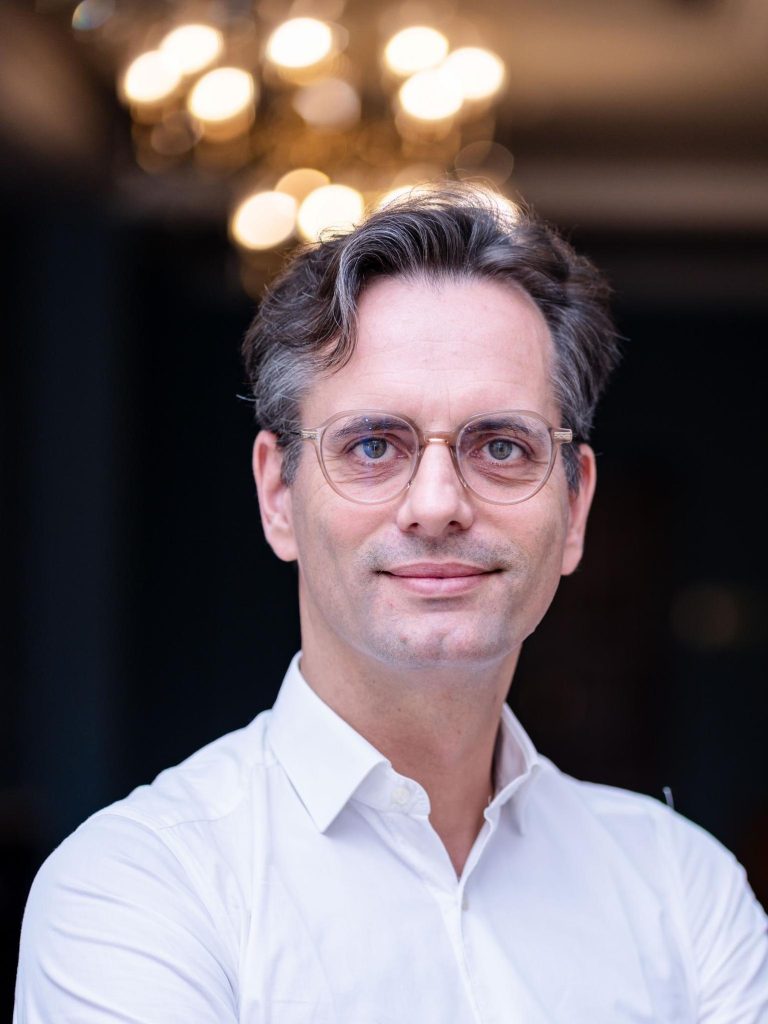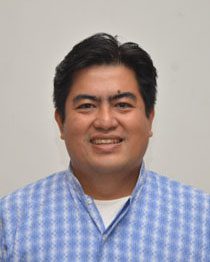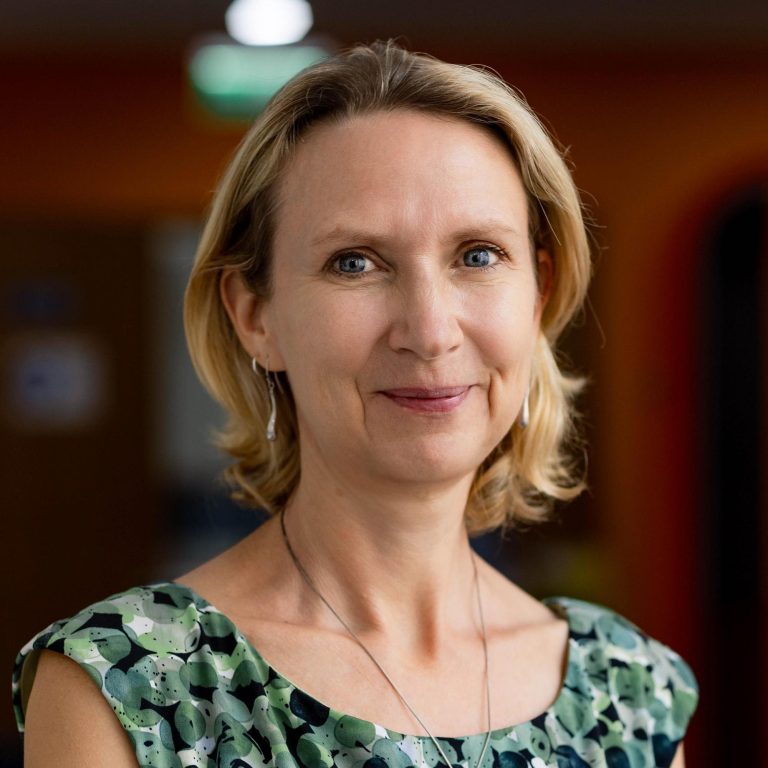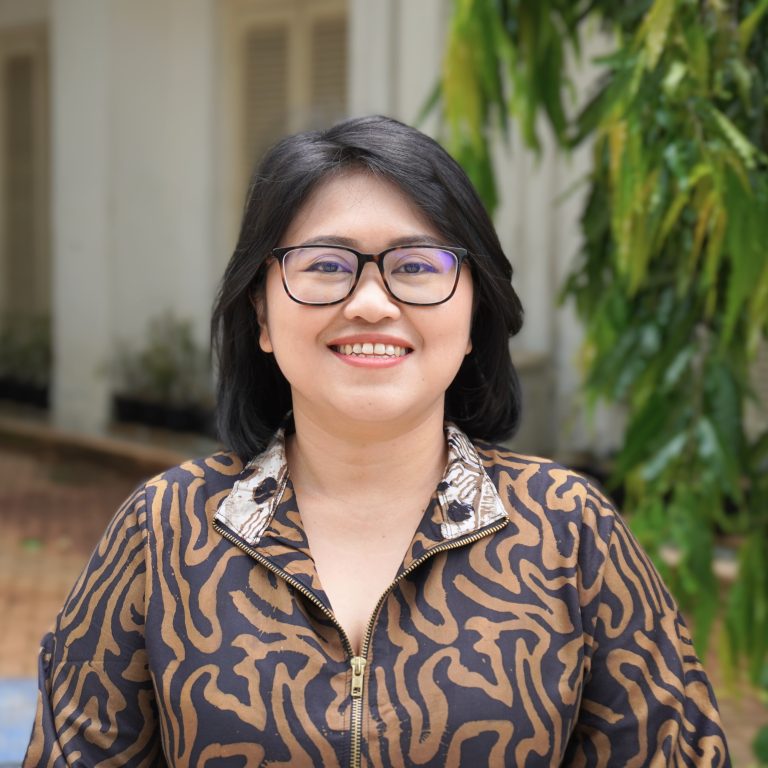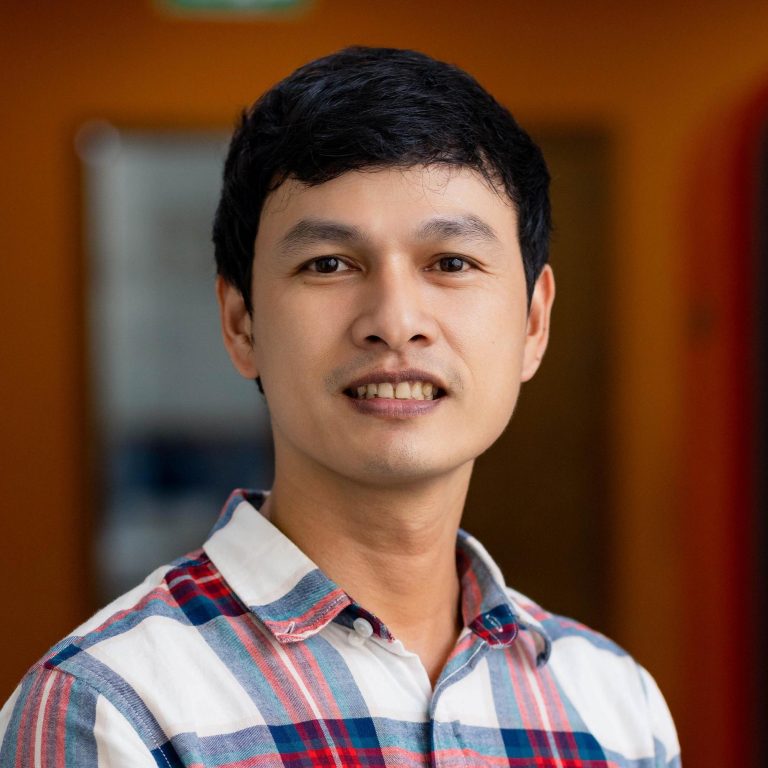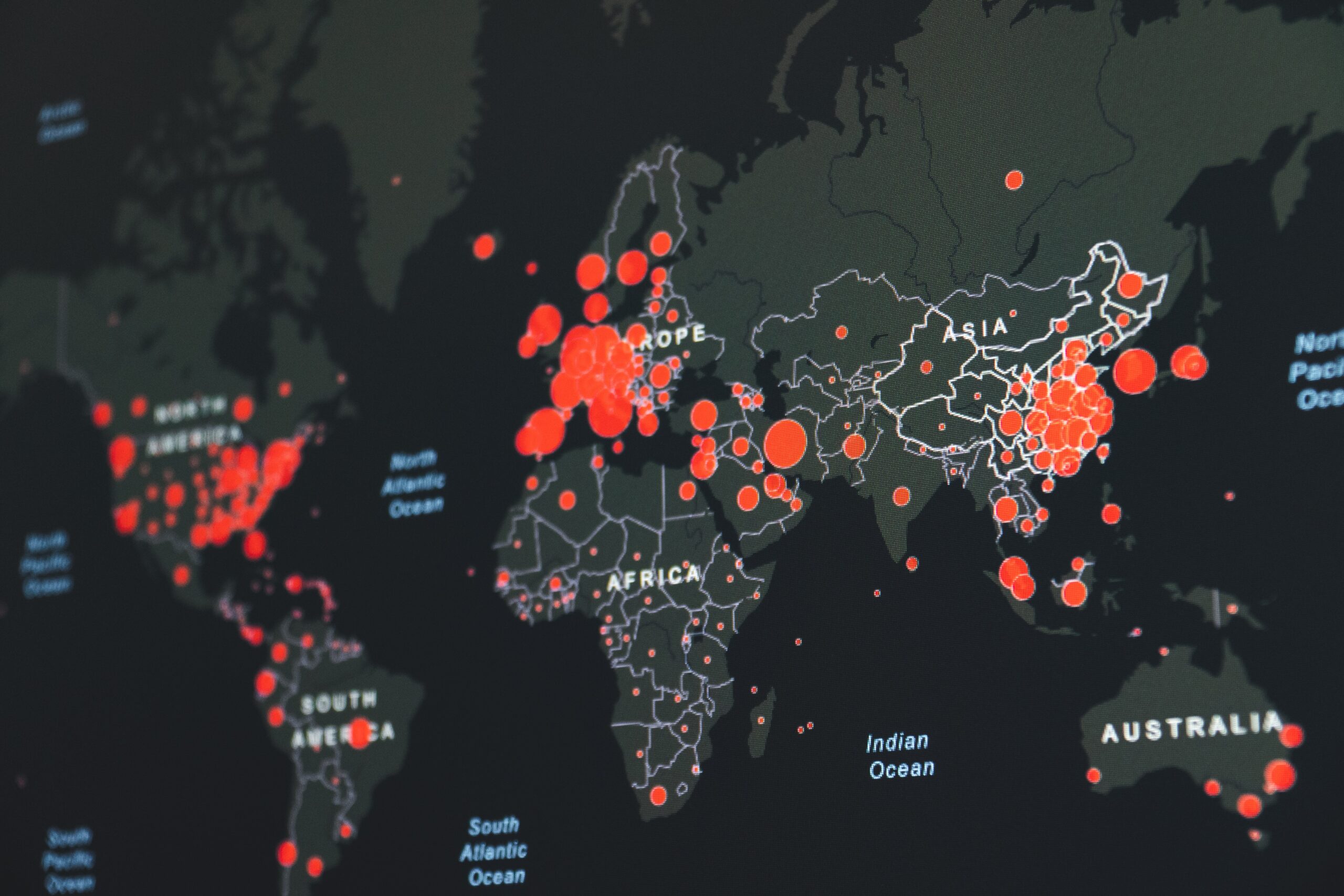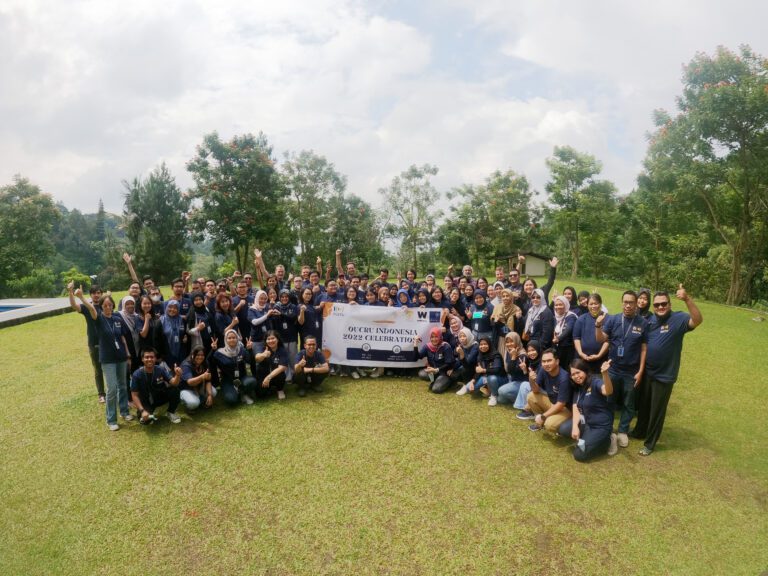When COVID-19 struck, it required not just medical interventions but also exposed how communication strategies during health crises like the pandemic could significantly affect the public’s attention and trust.
As the world’s fourth most populous country, with more than 17,000 islands and over 700 local languages and distinct cultural traditions, having proactive communication leading to more effective responses in future health crises becomes a real challenge in Indonesia.
To address this challenge, the Oxford University Clinical Research Unit (OUCRU) Indonesia gathered 30 stakeholders, including government officials, researchers, healthcare providers, public health professionals (such as WHO and NGO representatives), and former COVID-19 volunteers in Jakarta. Using the participatory mapping method, the project team empowered participants to visualise the complex communication landscape by placing key factors based on their perceived effectiveness and finally revealed nuanced understandings of who truly held influence during the pandemic.
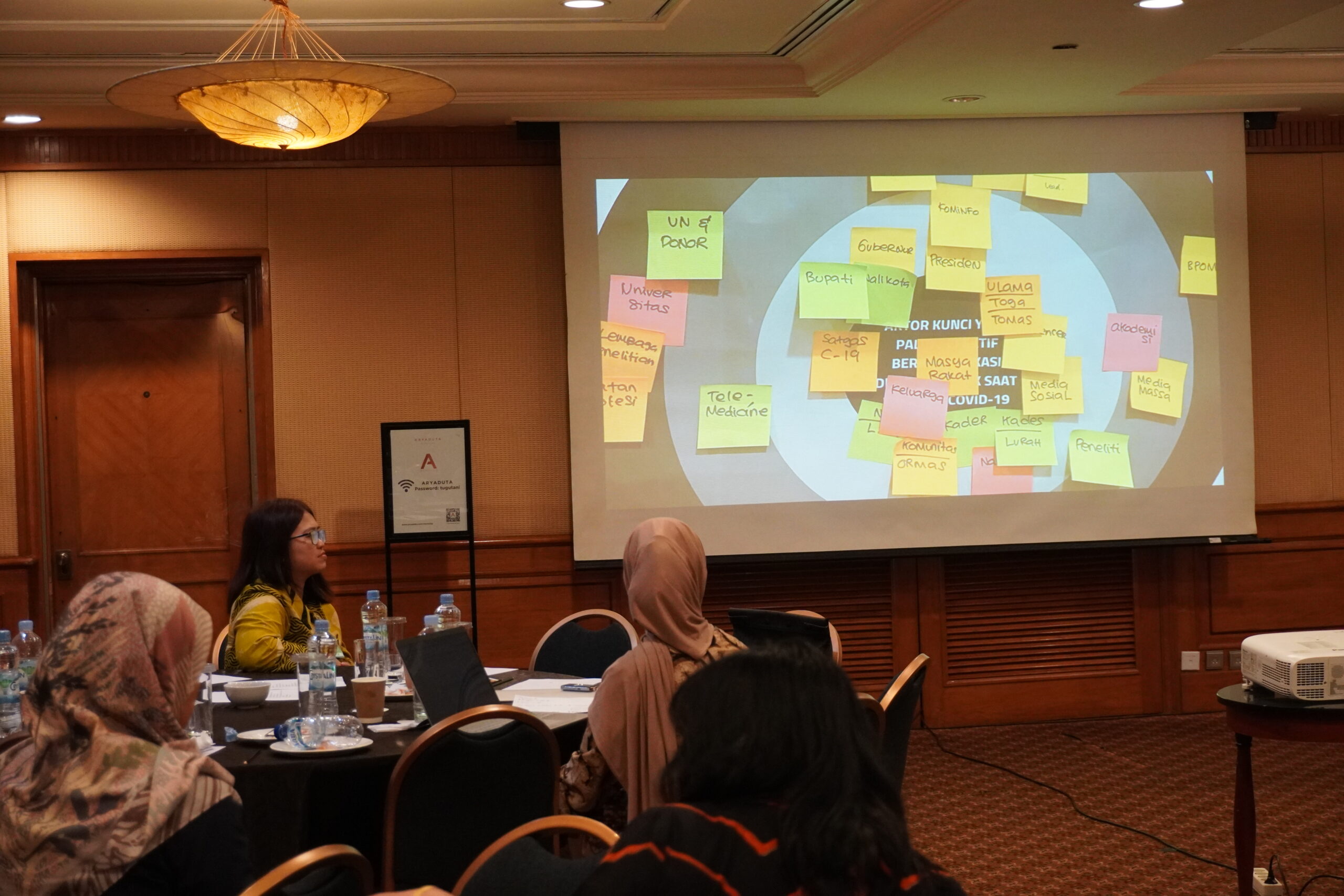
The findings of this activity highlight the value of participatory approaches in identifying context-specific communication dynamics. The project team then can conclude that effective communication is not solely dependent on the accuracy of information, but also on the credibility, relatability, and accessibility of the messenger.
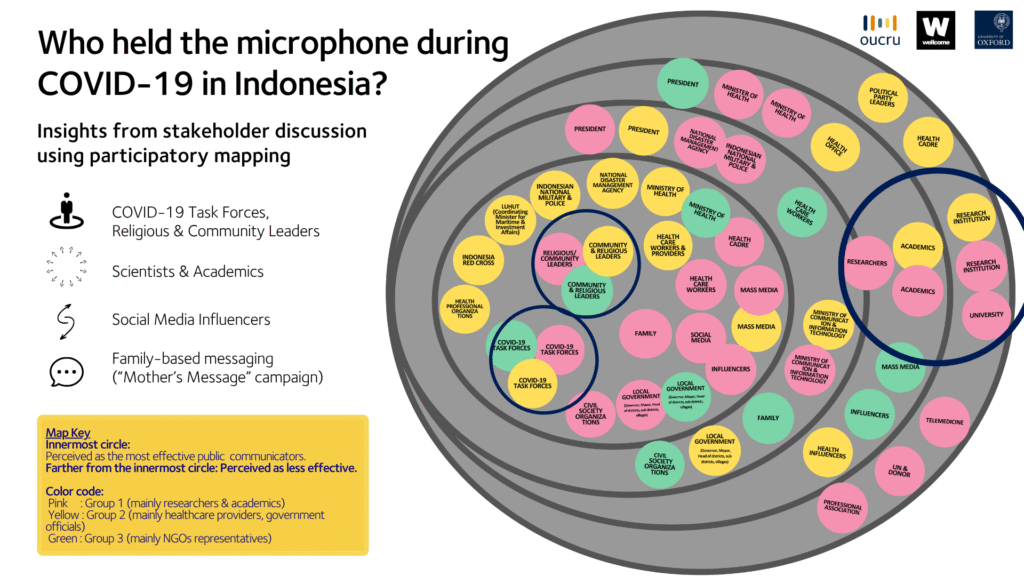
The findings of this study have important implications for the design of future outbreak communication strategies, both in Indonesia and in similar settings.
- Engage trusted local figures, such as religious and community leaders, from the outset of any public health response.
- Involve influencers constructively, recognising their potential to either support or undermine public understanding.
- Support scientific experts in becoming more visible and relatable, through media training and cross-sector collaboration.
As a part of SEACOVARIANTS project, aims to develop and apply a multidisciplinary research platform for rapid assessment of the biological significance of SARS-CoV-2 variants, thereby supporting local policymakers with evidence-based decision-making, these findings reinforce the need to build bridges between scientific expertise, cultural understanding, and public trust for future health crises responses, particularly in low- and middle-income country (LMIC) settings.



